Showcase
As a result of our research and projects, we produced a series of outputs, resources and educational materials.
DoCENT MOOC and serious game
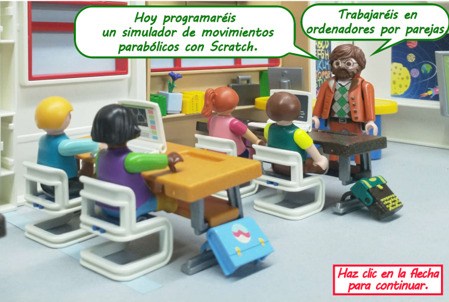
In the context of the DoCENT project (Digital Creativity ENhanced in Teacher education), we designed an online course aiming to equip educators with approaches and tools for integrating digital creativity in teacher education. Furthermore, we designed a serious game where educators can practice communication skills that encourage creative teaching behaviors in simulated classroom scenarios. The game is available in English, Spanish, Italian, Greek and Bulgarian.
DoCENT competence framework
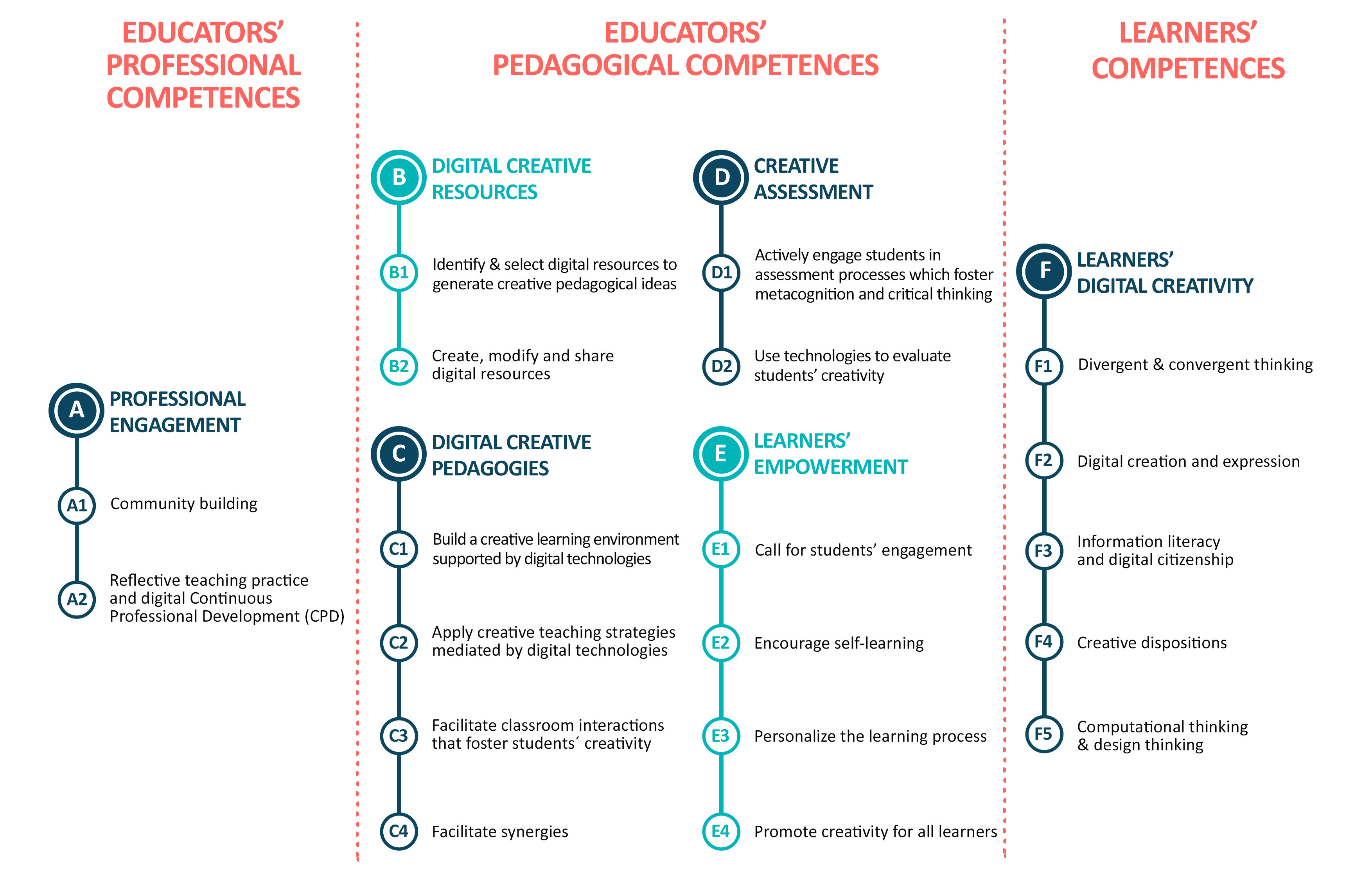
The DoCENT framework defines the key-components of competences needed by teacher educators for effectively integrating digital creativity in teaching contexts. Furthermore, it provides and validates a EU reference model for developing and evaluating digital creative teaching competences. The framework is primarily devoted to teacher educators, but can also be used by pre-service / in-service teachers.
ACCORD MOOC and serious game
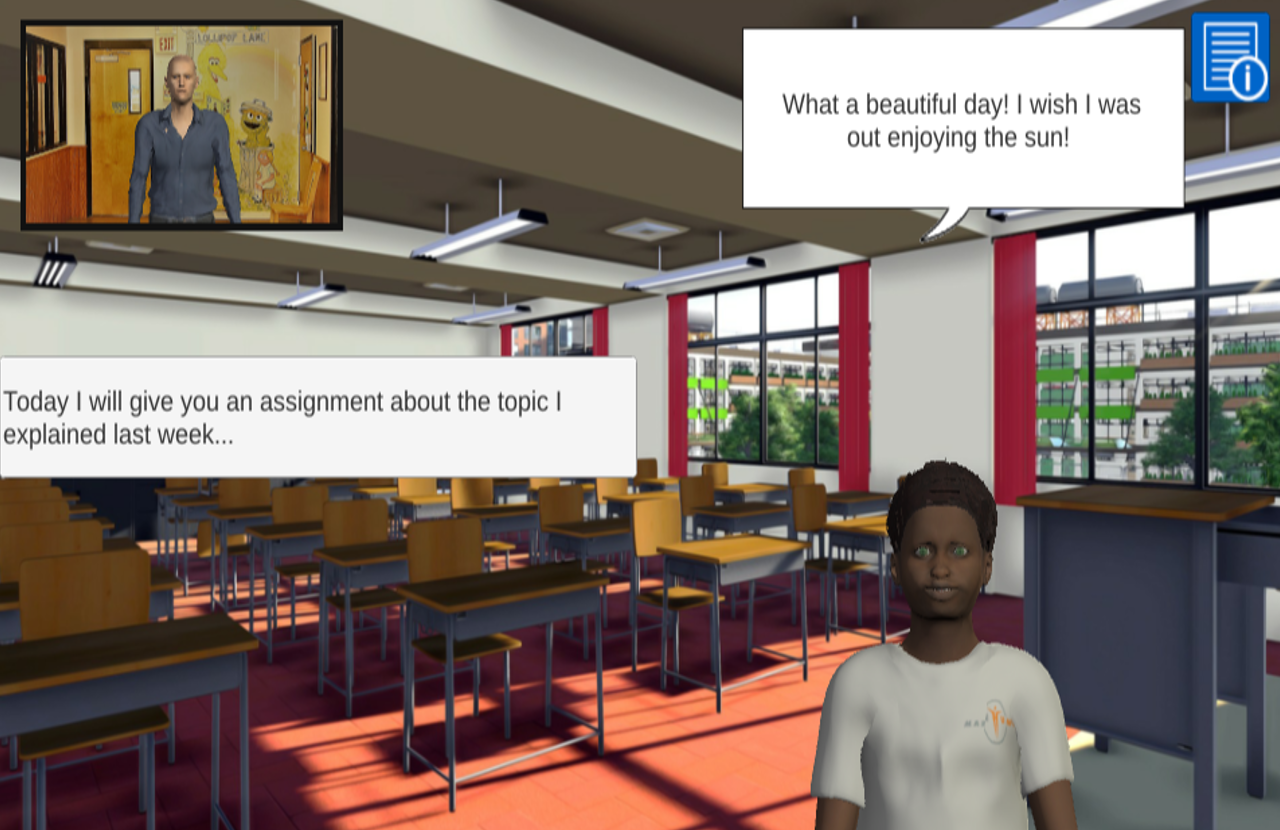
In the context of the ACCORD project, we designed and applied an online course aiming to equip teachers with intercultural conflict management competences. In addition, we created the ACCORD game, which allows teachers for developing conflict management skills through a role-play simulation. The game is organized into different scenarios, where users play a character and negotiate with virtual agents. The conflict management model is based on five different styles: integrating, obliging, dominating, avoiding, and compromising. The ACCORD MOOC and game are available in English, Spanish, Italian, German and Dutch. Please contact us if you would like to access the MOOC and game.
ACCORD pedagogical framework

designed in the context of the ACCORD project – Attain Cultural Integration through COnflict Resolution skills Development, this pedagogical framework defines synthesises the pedagogical approaches and digital tools selected for developing secondary school teachers’ intercultural conflict management competences.
Pathway best practices

The Pathway project aimed towards a standard-based approach to teaching science by inquiry by demonstrating ways to reduce the constrains presented by teachers and school organisation. To do so, a set of specific practices and exemplary cases have been identified, providing tangible “success stories” of effective introduction of inquiry to science classrooms.
ENGAGE materials

In the context of the ENGAGE project, a series of 31 materials and pedagogical tools were designed to help teachers address contemporary science issues and applications relevant to students. These «science in the news» and open curriculum materials promote an inquiry-based methodology, which gives students opportunity for self-expression and responsibility for coming to informed decisions. Through inquiry, students learn what are known as Responsible Research and Innovation (RRI) skills.
The MC2 c-book
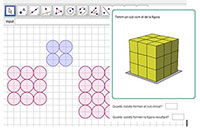
Developed in the context of the MC2 project, it consists of a digital system as enabler for creative design processes and creative mathematical thinking. It contains (a) an authorable data-analytics engine and a graphical interface; (b) an authorable dynamic e-book infrastructure for professionals to design resources and for students to create personalized versions of such resources; and (c) a set of digital tools designed to foster creativity in students’ mathematical expression, investigation and meaning generation.
The BlockMagic teaching kit

It consists of an intelligent version of the “logical blocks” and “teaching tiles”, through which teachers can set learning tasks to develop creative, logical, linguistic, or strategic skills. The kit was created, tested with teachers and validated in the context of the Block Magic project. It contains a set of 48 Magic Blocks (equipped with a RFID sensor for automatic identification), a magic Board (i.a. an antenna that reads the blocks identifiers and communicates them to the software) and a teacher manual.
The kit « Caixa Curiosity »

Developed within Pathway, it gathers resources designed to support teachers in using inquiry as a strategy that helps students understand scientific models. It includes 9 scenarios based on Inquiry Based Science Education that pose issues in the forefront of Responsible Research and Innovation, immersing young citizens in both knowledge and the ethical implications of research.
WikiSkills guidelines for educators

This handbook was developed within the WikiSkills project, which aimed to use wikis to promote lifelong learning opportunities. The handbook constitutes a practical guide for educators at all levels interested in designing and applying their own wiki-based learning scenarios. It contains theoretical foundations, good practices and practical guidelines.
ProActive GBL repository
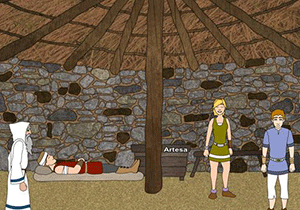
Developed in the framework of ProActive project, the repository contains 60 game-based learning scenarios covering wide variety of subject areas for schools, university education and adult/vocational training. They were developed by 80 teachers and trainers in 23 pilot sites in Italy, Romania, Spain and UK. During 2011 many of these GBL scenarios were tested in teaching settings with pupils / students / trainees in the participating countries.
Guidelines for creative GBL
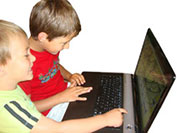
Created in the framework of the ProActive project, these guidelines provide advice to educational practitioners who are willing to create their own game-based learning (GBL) scenarios and to implement them in real teaching settings. They include practical examples, tales from the field and success stories, as well as practical guidelines on how to apply creativity and GBL in learning environments.
